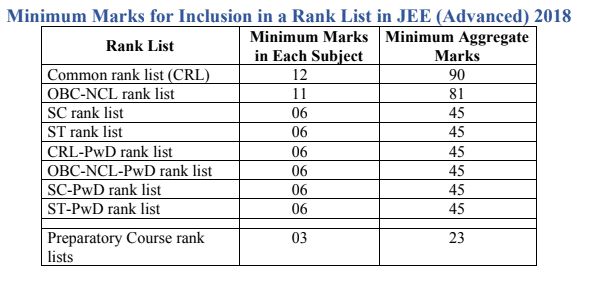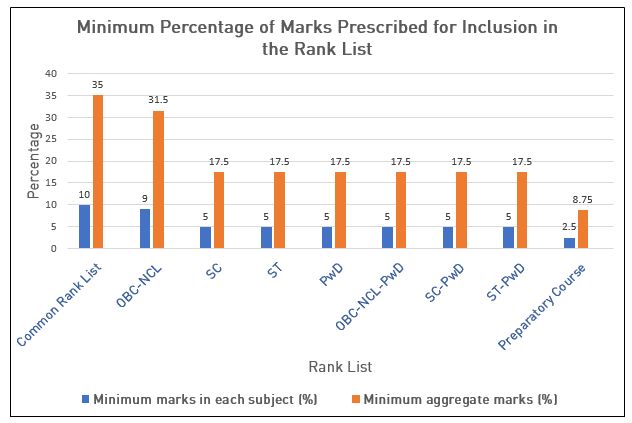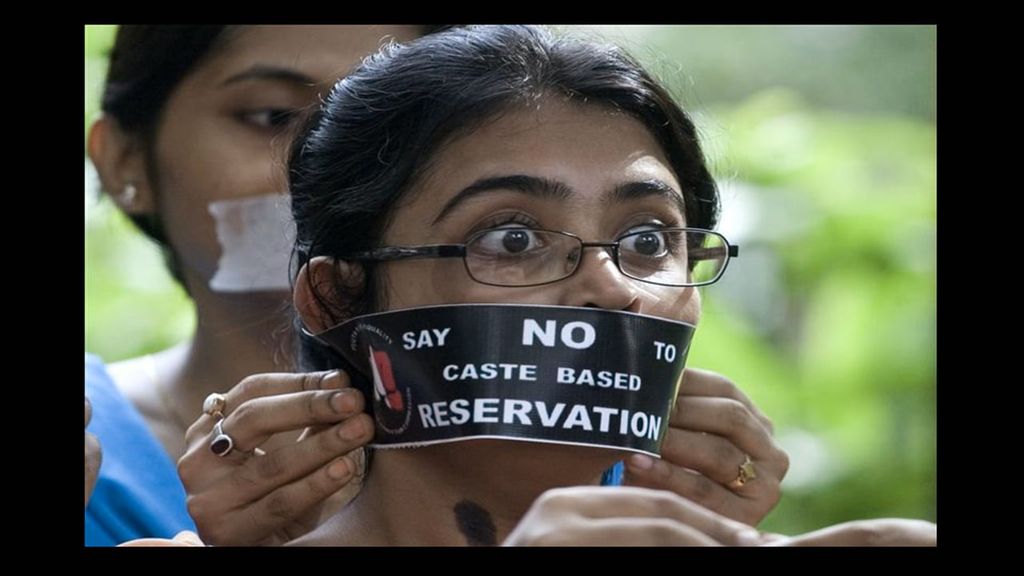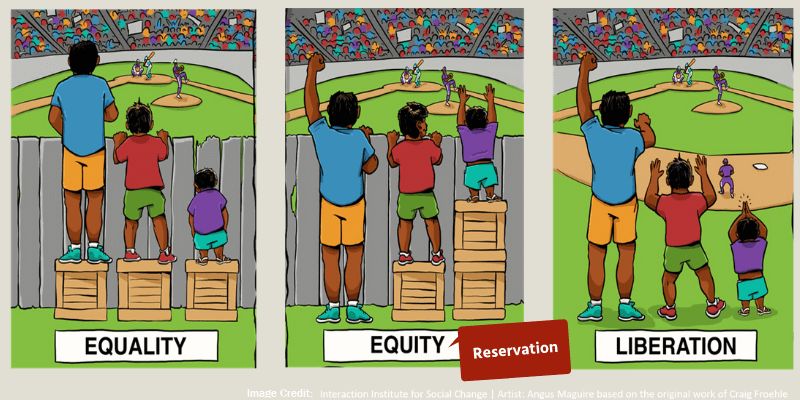Caste Based Reservation In India
May 22, 2019 • 48 views
In India, seats in colleges or schools or even job opportunities are decided by the caste the person is born into and not by the merit of the person. Reservation in India is basically reserving seats in the schools, colleges, government jobs, and even legislative structures.
India being a developing nation, this reservation policy is the biggest roadblock to India becoming a developed nation. This is because Reservation in India, right now is based on the caste a person is born into and not based on their merit. About 60% of the seats in Indian educational institutions is reserved for people of a few castes. 3% of the seats are reserved for the differently abled students (the only ones who actually deserve reservation). Only 40% of the seats are left for merit. These seats can be availed by anyone including the SC’s, ST’s and the General Category students.
Other than reserving seats to the backward castes or the lower castes, the government has gone ahead and relaxed their upper age limit, their cut-off marks, their fees and everything else that they can possible reduce for them.
This is the cut-off marks based on each caste-based categorically separated students for IIT:


Reservation was introduced to eradicate the toxic caste system that was prevalent in India. In the older days, the people of the ‘lower castes’ were oppressed by the people of ‘upper castes’. The original constitution provided reservation only in the legislatures and that too only for 10 years, ie., only till 1960 (mentioned in the article 334). There were a lot of constitutional amendments that changed the course of reservation, and let it extend to this long a period.

The 93rd amendment to the constitution lets the government to make special provisions for the ‘advancement of any socially and educationally backward classes of citizens.’ This included reservation in private and non-aided institutions. Thus, facing opposition from the general category students whose seats have been reduced to less than 50%.
“Clause 2 of article 16 lays down that no citizen on grounds of religion, race, caste, sex, descent, place of birth, residence or any of them be discriminated in respect of any employment or office under the State.”
Clause 4 of article 16:
“it empowers the state to make special provision for the reservation of appointments of posts in favour of any backward class of citizens which in the opinion of the state are not adequately represented in the services”
While in one article in our constitution says, no one will be discriminated on the basis of caste, gender or anything, the very article’s another clause contradicts itself. We are okay with reserving more than half the seats in any institution for a particular caste. If the number of seats in the reserved category are not filled then a student of another caste can not fill the seat. The seats are not filled and the deserving candidates are denied opportunities.

While the whole nation boasts on empowering the backward classes, no where do we have a definition for the term ‘Backward Classes’. So, what are the criterions used to decide if a person is from a backward class? Is it only their caste? There are a lot of people from a caste that is historically perceived as a backward caste, in very good positions earning a very good salary while there are many from historically forward castes who are working 5 jobs a day and still struggling to make ends meet. But these people are denied any help from the government because they do not belong to a historically backward community. Many students from the historically backward communities do not deserve the kind of reservation and jobs that they are in, they are not qualified to be in that position but they are because their path was made easy by the government.
Recently, the government introduced reservation for economically backward general category students. This came into play after much criticism and opposition from the public and the political parties. This was majorly because, the political parties cash on the poverty of the citizens, if everyone was educated enough, there would no one to listen to their outrageous slogans.

Reservation was brought in by the government to help the backward classes, but right now it is used in cheap caste politics. Caste discrimination is the harsh truth of the society, but it is not one way alone, the upper caste is discriminated by the lower caste, and the lower caste is discriminated by the upper caste.
The only solution to actually empowering people and eradicating backwardness is by providing everyone with quality education, scholarships to all deserving candidates irrespective of caste, creed, sex, race etc., and eliminate caste-based politics by every political party in the nation.
